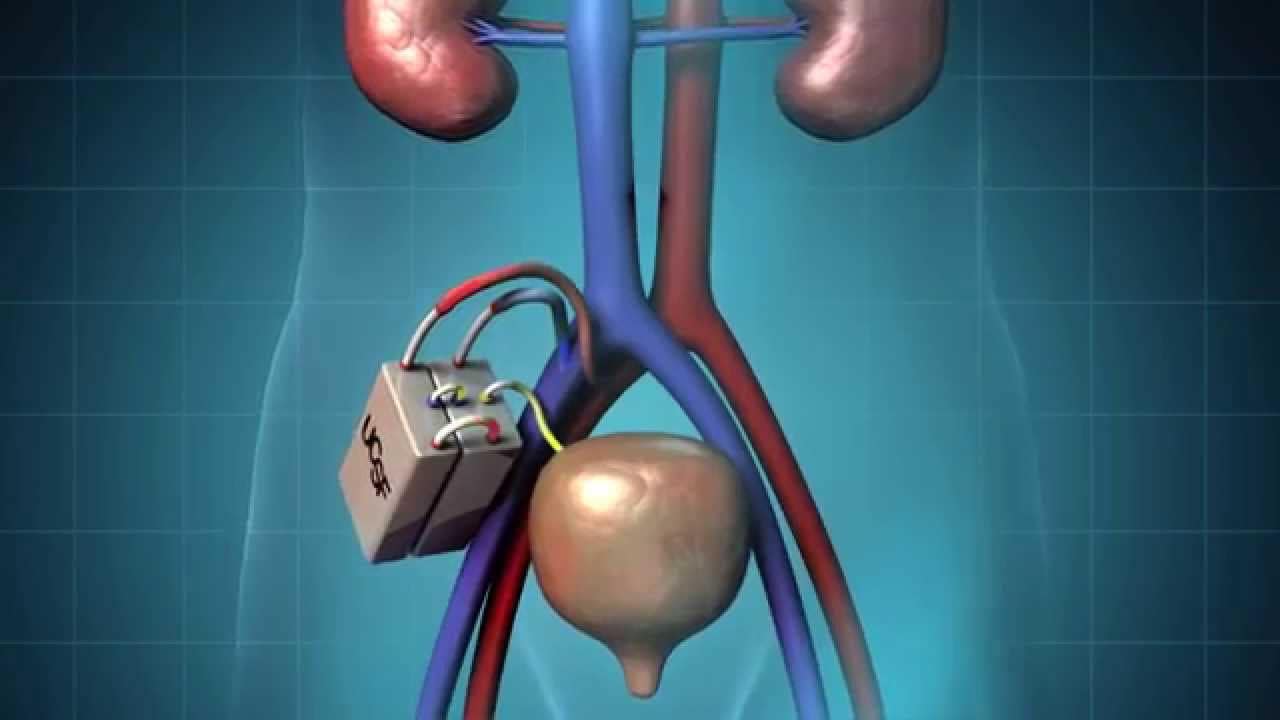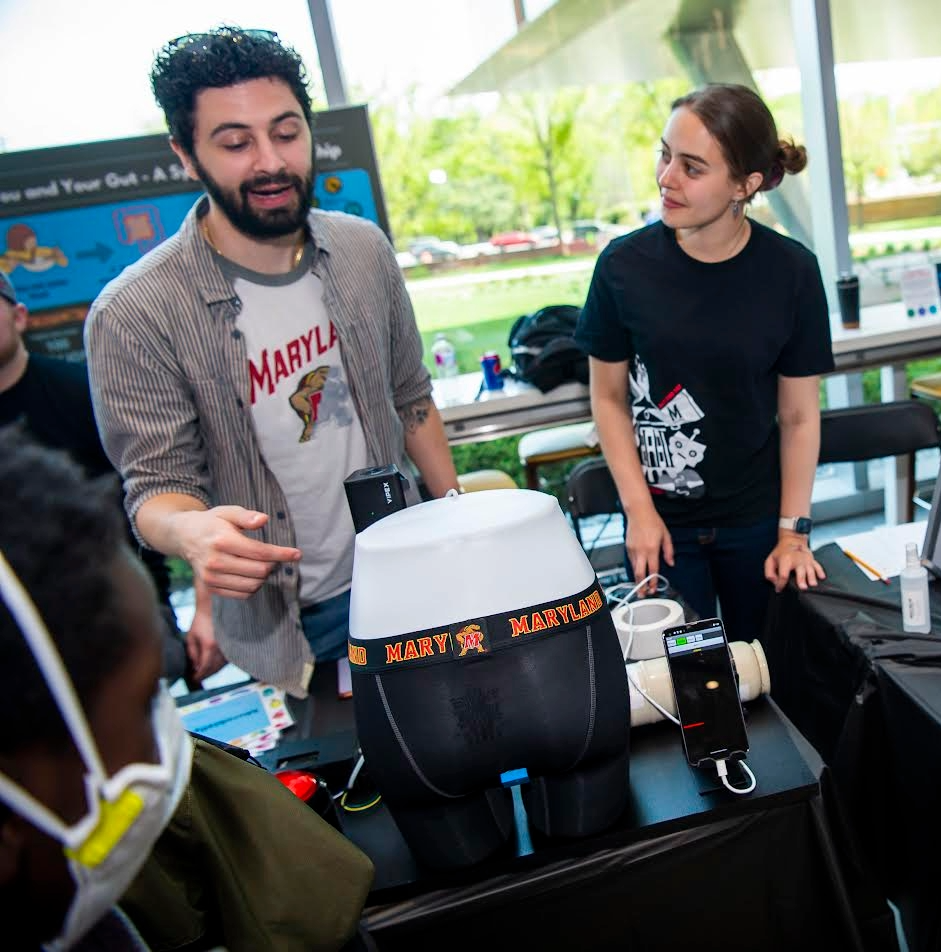Scientists develop artificial kidney that could eliminate the need for dialysis
Imagine a device that can perform the functions of the kidney, only without the need for big machines or exhaustive transplant procedures.

[Sept. 3, 2023: Staff Writer, The Brighter Side of News]
Potentially, the procedure to move or break up stones might eventually be performed in a clinic or emergency room setting. (CREDIT: Getty Images)
Researchers are on the brink of a breakthrough that could reshape the very fabric of kidney disease treatments. The specter of dialysis, a process that has long been the salvation of thousands with compromised kidneys, may soon be relegated to the annals of medical history.
A team of dedicated scientists from the University of California San Francisco (UCSF) is driving this revolution with their groundbreaking creation: an artificial kidney.
A Revolutionary Implantable Bioreactor
Imagine a device that can perform the functions of the kidney, only without the need for cumbersome machines or exhaustive transplant procedures. The UCSF team has brought this vision to life with their implantable bioreactor, a device that promises not just to mimic but to enhance the functions of a human kidney.
"At its core, this bioreactor represents a beacon of hope for those tethered to dialysis machines or waiting interminably for a transplant," notes a medical insider.
Related Stories
According to the NIH, approximately 2 in 1,000 Americans grapple with end-stage kidney disease (ESKD). This staggering number underscores the urgency of innovations in kidney disease treatments. Across the Atlantic, over 30,000 people in the UK are reliant on dialysis, patiently waiting for an elusive transplant. But with UCSF's breakthrough, the paradigm might be shifting.
What makes the bioreactor stand out is its compatibility with the body. In initial experiments, the device, when implanted in pigs, showed no adverse reaction from the animals' immune systems. This is a significant milestone considering the immunological challenges associated with transplants.
Dr. Shuvo Roy, a luminous figure in the world of bioengineering and a professor at the UCSF School of Pharmacy, elucidated, "We are focused on safely replicating the key functions of a kidney. The bioartificial kidney will make treatment for kidney disease more effective and also much more tolerable and comfortable.”
Artificial kidneys could soon replace dialysis (CREDIT: Smart server medical art via Wikimedia Commons)
The audacious endeavor to replicate the kidney's functions involves populating the bioreactor with various kidney cells. These cells, once in harmony, would be capable of tasks such as fluid balance and blood pressure regulation through hormone release.
But this isn't all. As Prof Roy highlighted, "We needed to prove that a functional bioreactor will not require immunosuppressant drugs, and we did. We had no complications and can now iterate up, reaching for the whole panel of kidney functions at the human scale.”
Design and Delivery: Engineering Excellence
The brilliance of this bioreactor lies in its intricate engineering. It's designed to seamlessly integrate with blood vessels, facilitating the transfer of nutrients and oxygen, much like its organic counterpart. This ensures the kidney cells housed within the bioreactor receive the necessary sustenance to perform their vital functions.
A model of the implantable bioartificial kidney shows the two-stage system. (CREDIT: UCSF)
Safety is paramount. With a protective shield of silicon membranes, the kidney cells within are safeguarded against any potential assault by the recipient’s immune cells.
In their experiments, the team chose a specific type of kidney cell known as the proximal tubule cell for its role in water regulation. Both the kidney cells and the recipient animals were closely monitored for a week post-transplantation. The results? An overwhelming success.
The Road Ahead
With a promising start, the UCSF team is setting its sights on longer, month-long trials. These trials will first encompass animal subjects before progressing to human trials.
The monumental study, recently unveiled in the esteemed journal Nature Communications, aims to culminate in a human-scale device that could transcend the capabilities of traditional dialysis.
The Kidney Project’s bioartificial kidney, which was successfully implanted in a preclinical model. (CREDIT: UCSF)
For the countless individuals whose lives orbit around dialysis schedules, this breakthrough offers a glimmer of hope. The artificial kidney heralds a future where the quality of life isn't compromised, where the dread of dialysis and the associated discomfort become distant memories.
In the grand tapestry of medical marvels, the artificial kidney, once realized, will undoubtedly be a shining thread. As science continues its relentless march, we can only watch, wonder, and celebrate the ingenuity of the human spirit.
Note: Materials provided above by The Brighter Side of News. Content may be edited for style and length.
Like these kind of feel good stories? Get the Brighter Side of News' newsletter.



